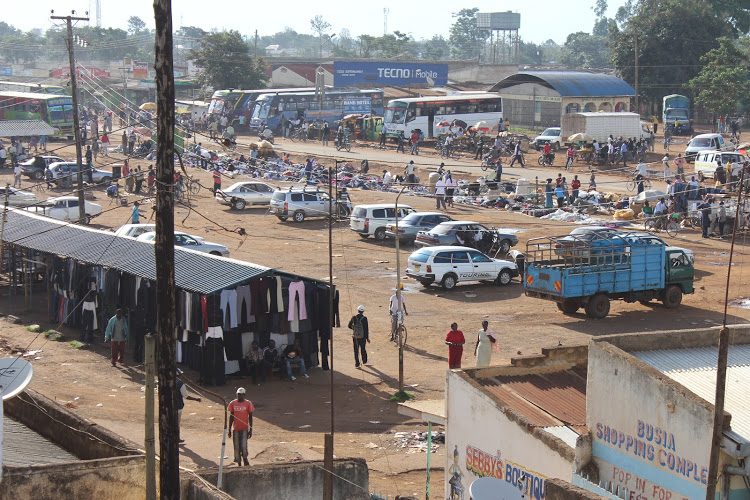The various stakeholders described the formulation of the Transshipment SOPs as a key milestone for shipping. The adoption of a bidding SOPs, they explained, will play a key role in raising efficiency levels at the Port of Mombasa. The SOPs have been developed to international standards and will enhance the transshipment process by removing process bottlenecks that have previously occasioned cargo clearance delays. It is expected that inter-agency relations at the Port of Mombasa will be streamlined with clear performance targets and processes. They will provide clear timelines to each party and emphasise the provision of adequate resources to clear transshipment cargo expeditiously. Mombasa Port handled 12,189 Twenty-Foot equivalent unit in transshipment in April 2019, an increase of only 2 per cent from April 2018. This is expected to increase rapidly in future with the implementation of the SOPs. Source: Capital Business
KRA signs transshipment SOPs with port stakeholders
Posted on: May 27, 2019
Posted on: May 27, 2019
















